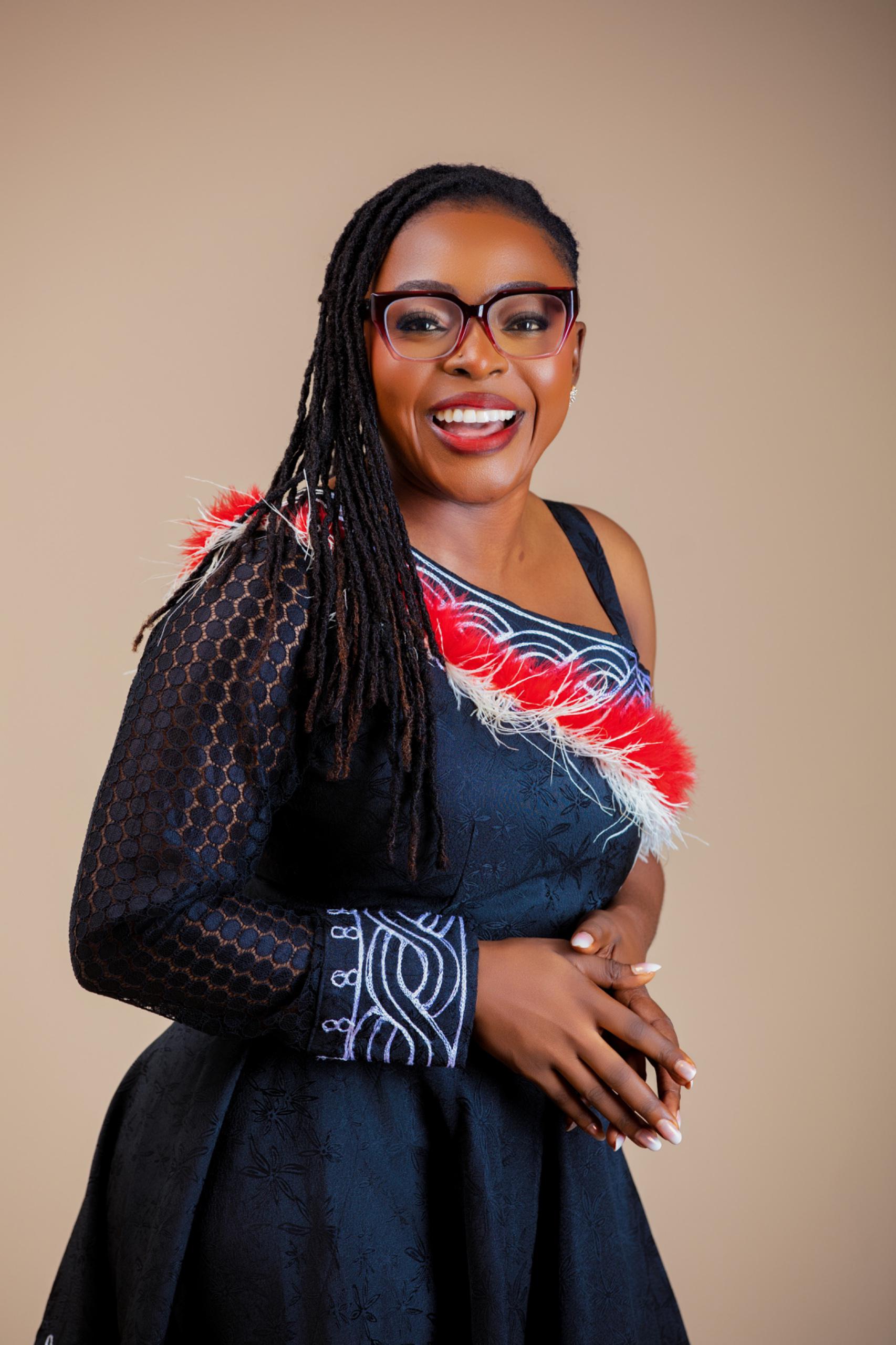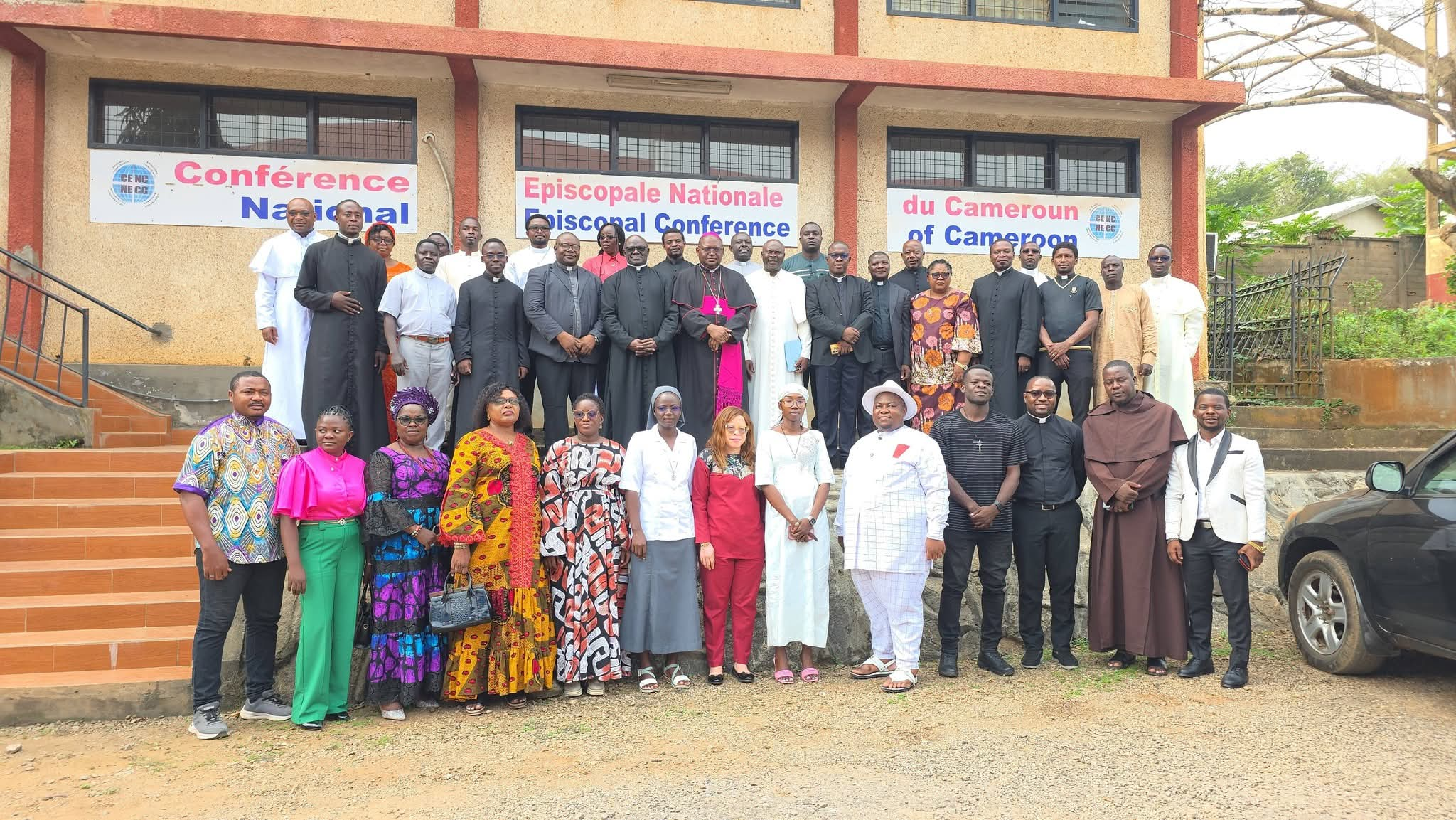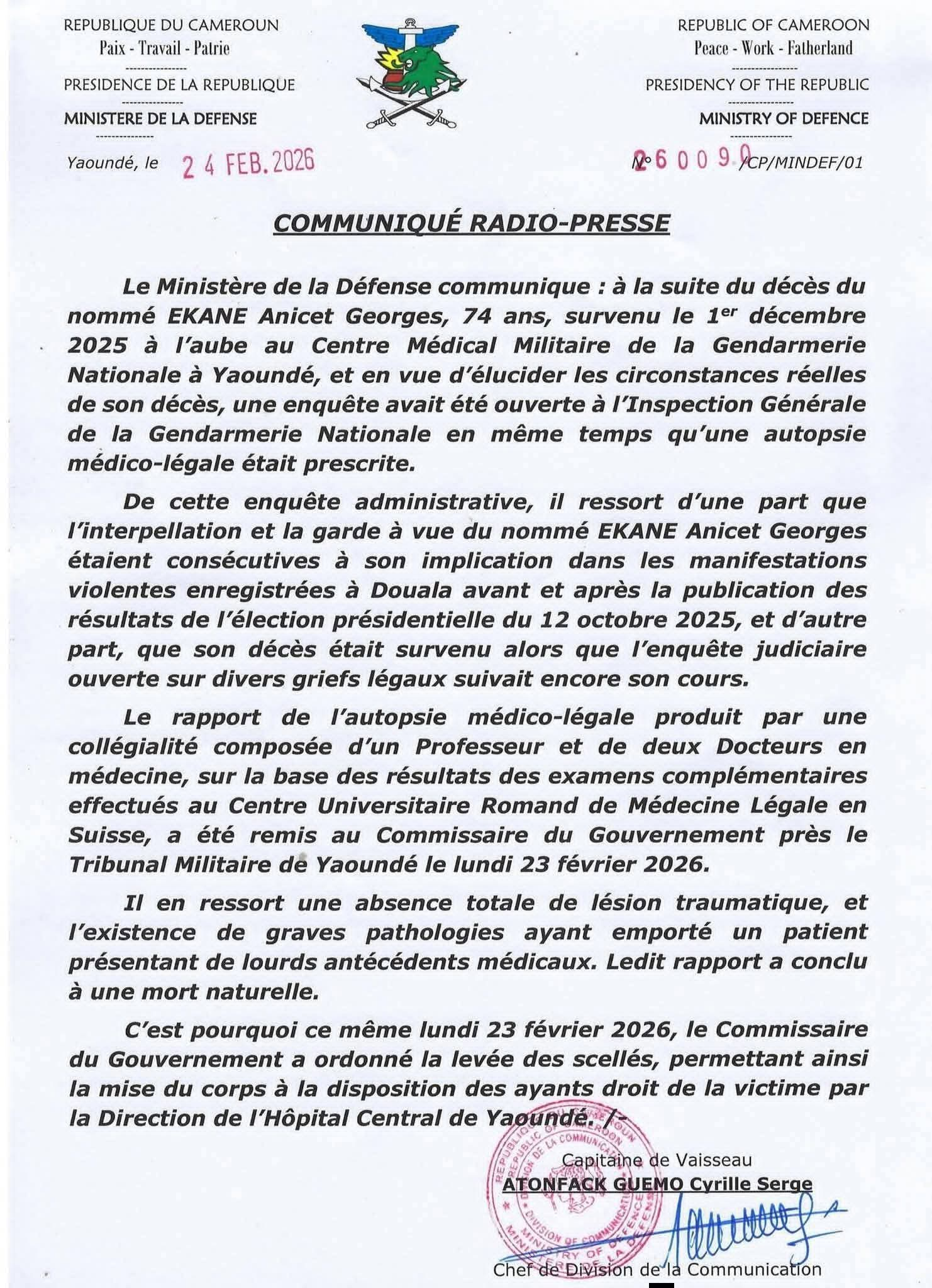The 21st century scramble for Africa by the world’s major powers is not necessarily a straightforward affair and could therefore be seriously misconstrued, writes Nick Westcott, the director of the Royal African Society.Reacting in the aftermath of last month’s US-Africa summit, Westcott argues that there are two parallel sides to the narrative around the gathering which attracted 45 of Africa’s 54 leaders to Washington.
”Firstly, it was a deliberate effort to step up US efforts in the geostrategic competition with China and Russia for influence in the rest of the world. Africans are swing voters and the West was losing ground: more needed to be done. This is the story that has dominated media coverage” he points out.
However Westcott adds that the second factor which he found to be more interesting than the first, speaks to the substance of US-Africa relations and how this is changing the narrative about Washington’s interest in a continent which accounts for a paltry 1 percent of its global trade and investment.
”What has driven US policy towards Africa over the past 20 years? Three things: firstly, the Congressional Black Caucus, which has always supported a strong relationship with Africa and ensured that even under the Trump Administration, despite all his insults towards Africa, US funding was largely sustained. This support has backed up presidential initiatives like Clinton’s AGOA trade legislation, Bush’s PEPFAR programme to combat AIDS, and Obama’s Power Africa plan to increase the continent’s energy supply” Westcott claims.
He says secondly the policy that informs US interest in Africa is support for counter-terrorism action by African governments, following 9/11 and Washington’s determination to deny terrorists a safe haven anywhere in the world from which to plan further attacks.
This support Wescott says, has been focused in the Horn of Africa and the Sahel, coordinated from US bases in Djibouti and Chad, backed by its AFRICOM headquarters in Stuttgart.
Placed third in the pecking order by him is what he calls the geostrategic competition with a growing China, a resurgent Russia and an emerging Turkey.
He says Africa as a bloc recognises American clout from within the Bretton Woods institutions like the World Bank and the International Monetary Fund, which the continent needs to power its development agenda in the foreseeable future.
”China may happily, and speedily, build you a railway or a stadium, but they will never make money and you still have to pay back the loan. Debt distress has not been of Washington’s making, but they are helping find an answer. So African leaders came willingly to Washington. They want, and need, the money and the US’s political backing. That still matters to them” he explains.
Westcott admits that countries in the West have been at the losing end of the propaganda war of attrition with China and Russia whose foreign policies have ”systematically exploited anti-imperialist sentiment, successfully painted Western powers as neo-colonialist, and themselves as champions of African liberation”.
He adds: ”Many Africans firmly believe this, and their leaders cannot ignore it, as we saw in Macky Sall’s determination to sit on the fence over Ukraine, along with many other African leaders. This claim has not stopped Russia shamelessly backing incumbent leaders with cheap weapons and hired mercenaries (from the Wagner Group) to keep them in power, as in the CAR and Mali. And China has not baulked at doing business with (Emmerson) Mnangagwa in Zimbabwe or Abiy (Ahmad) in Ethiopia despite what they were doing to their own countries”.
Nick Westcott’s London-based Royal African Society, founded in 1901, is a non-profit organisation promoting relations between the United Kingdom and Africa.




